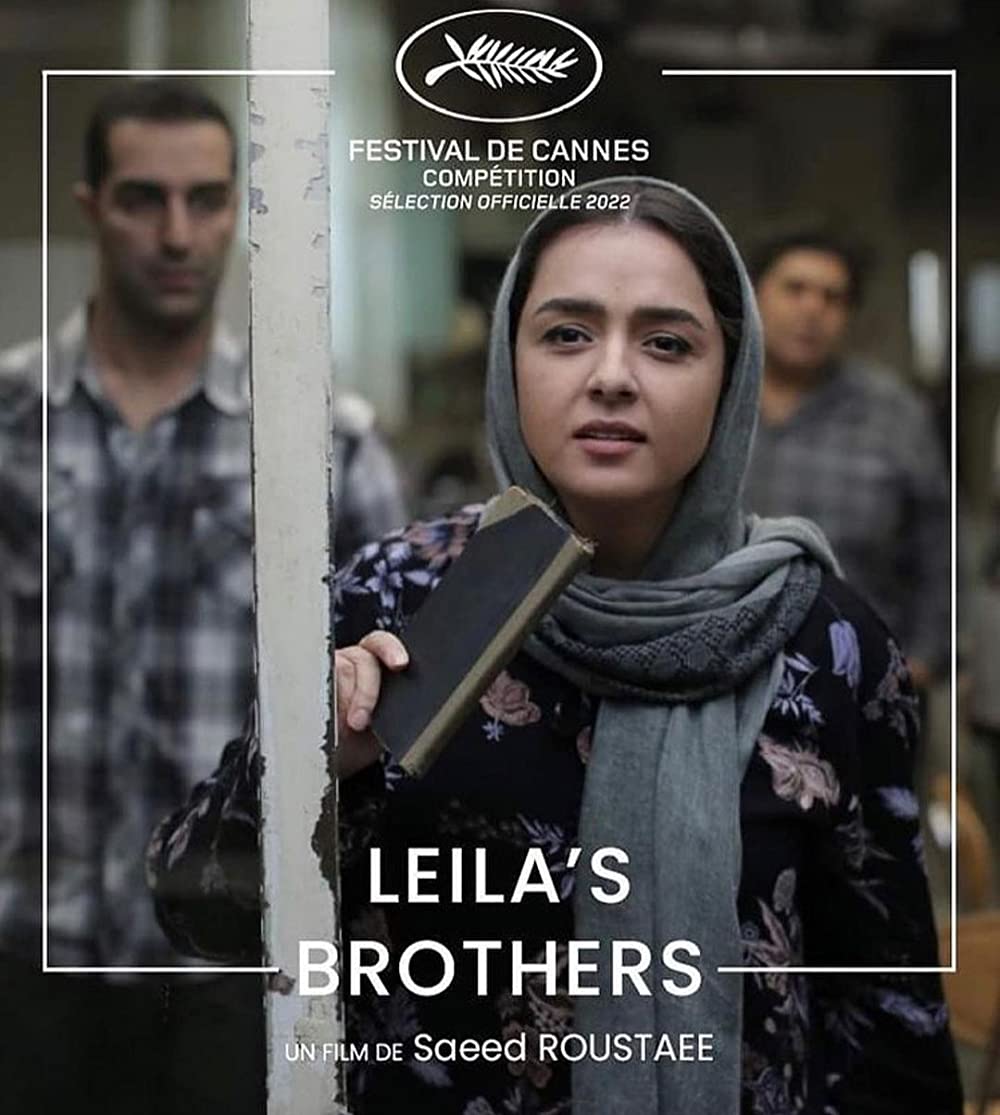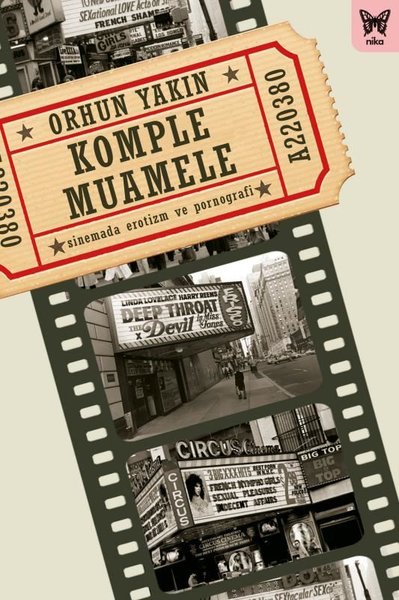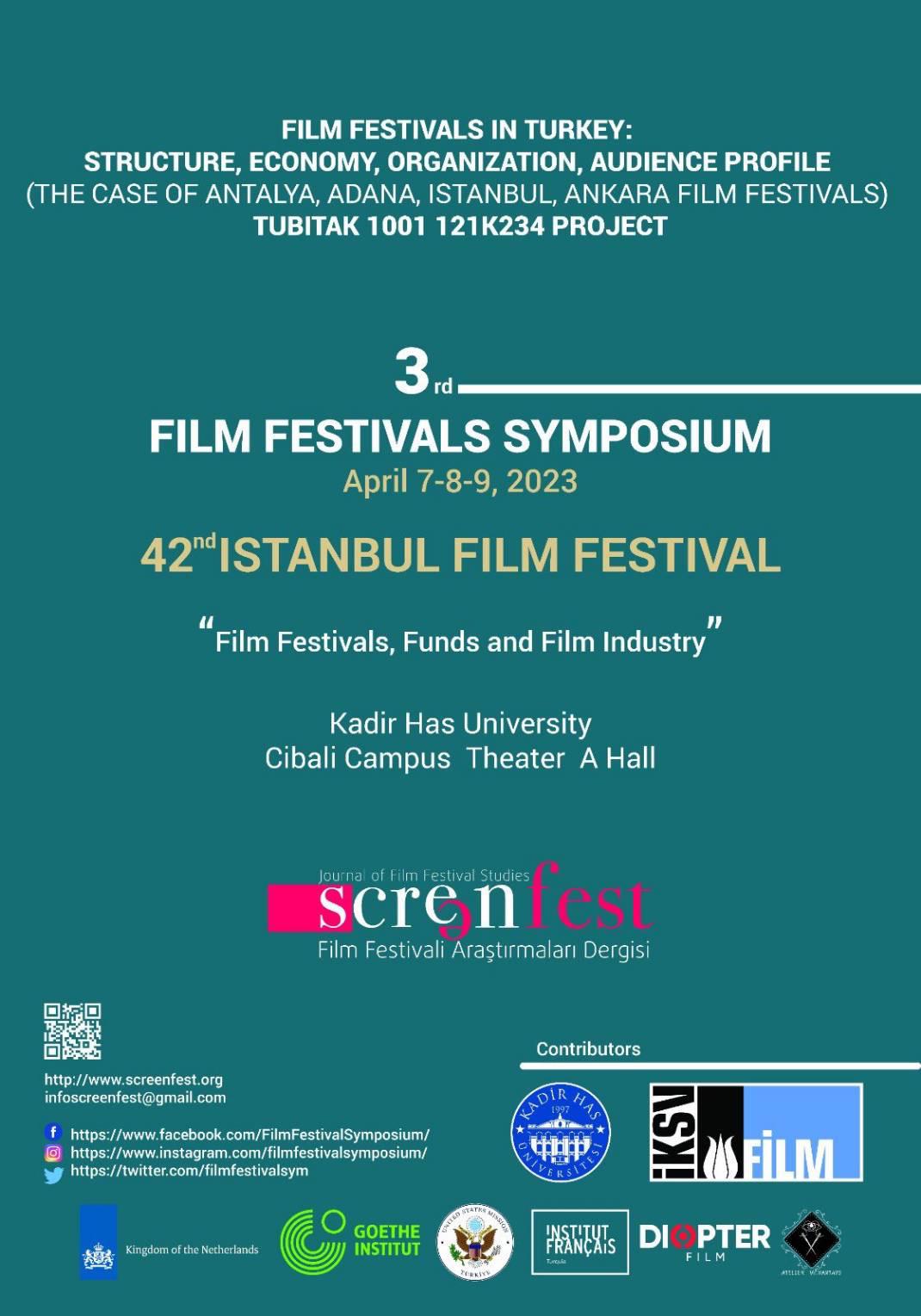Karl Marx himself did not state much about literature and criticism yet neo-Marxists have been working on these areas. This type of criticism based on 19th-century Marxist ideas. For them, literature can be seen as the embodiment of ideologies that naturalized by the system itself. In that sense, art includes social classes, class conflict and certain literary tropes such as symbols, metaphors, imagery, etc. to hide its ideology. Therefore these tropes can be read to reveal the truth beneath the text. Apart from that Marxist criticism closely tied to the historical context that shapes the superstructure of time. Ultimately every work of art is influenced by the economy and history. Fight Club is a great example of this approach as it has a lot of political references and ideas. The movie has similar tendencies with Marxism as well as anarchy.
Fight Club begins with the protagonist in a talking group and he meets Bob. He is a significant character because he was a champion bodybuilder and innovator of a bodybuilding show on TV. The choice of bodybuilding as a sport in this movie, of course, is not a coincidence. It is one of the most marketable sports among the others because it simply sells a body image to the people. The thing about bodybuilding is that it makes men feel more masculine and strong. In the movie, this image is destroyed when the champion bodybuilder confesses he used steroids to get big and most important thing that he has giant breasts that completely feminize him. In that sense, the system, once he belongs to, has backfired and destroyed his life. After that audience learns that the protagonist experiences sleeping problems, therefore, he needs to join speaking groups to cry and relax. This method cures his insomnia because in these groups he finds genuine pains and genuine desires that not created by the capitalist system and are not full of lies. Marla is a female character who ruins the protagonist’s curing method. She represents a lie that the protagonist trying to escape. She comes to groups because of free coffee and “it is cheaper than cinema” so her purpose is not spiritual but materialistic. This again conflicts with the protagonist’s purpose. Because of his job at a major car company, the protagonist always travels and he describes the food, soaps, and even friends as “single serving”. His job is examining car crashes and his fellow co-workers always approach a car accident with capitalist tendencies. One of them, in the car accident scene, identifies the father’s burnt shirt as polyester and says that he was fat. Another one sees dental braces on the ashtray and says that it would make a great commercial for anti-smoking. Even if this is a tragic scene that destroys a family, experts who are symbols of system approach this scene with a profit-driven mindset.
In the plane scene, he meets with Tyler Durden. From a psychoanalytic perspective, he meets his shadow or id. Immediately after that, the audience is again exposed to another trick of capitalism in-flight safety procedure system. Marx claims that a person’s consciousness is created by their social status. This idea can be seen clearly when the protagonist loses his luggage and says everything I own was in that suitcase then list the brands of shirts and other things. He identifies his possessions only with brands and sign-values. The scene of the apartment explosion can be considered as a revolution in micro-cosmos. The gas filling the vast room slowly can be seen as the proletarian rage that builds up day by day and the spark from the refrigerator is a basic event that triggers the revolution. After the explosion, the protagonist loses everything he has, in that sense, he lost his identity and he is turning back to his shadow. In the pub protagonist, talks about his possessions and how he was close to being complete. His shadow responds, “never be complete and never try to be perfect”. Tyler questions the real values of things they own. The most important quote of this movie, in my view, is in this scene, “things you own end up owning you”. This explains the commodity fetishism and conspicuous consumerism in modern life. Apart from that, this pub scene can be read as a class conflict between the poor and the middle class. Only when the middle class loses everything, they can communicate and understand outcasts this is the only way or else they never care about poor and outcasts. After they leave the pub, the protagonist can not ask a favor from Tyler because of the moral burdens of society. He is robotic therefore Tyler tries to humanize him by forcing him to fistfight.
The introduction of Tyler reveals his rebel side. He works at the cinema and he hates his job, he sabotages movies. In that sense, the system stole his time and energy but he fights back with merging family movies with instant pornographic images. His second job is again in the service sector. He works as a waiter in luxury hotels and again he sabotages the food by urinating in soups. These acts of sabotage can be seen as guerilla warfare against the system. The place where Tyler lives is another sign of the fact that he does not care about the sign value of his possessions. Everything he has only have use-value and he simply survives with them. While the protagonist is on the phone with police talking about explosion Tyler Durden basically says I refuse to own any kind of possession and again he refuses to identify himself with his possessions. Gradually, the protagonist shows the same reactions to the system. He threatens his boss about the facts he knows about the company and the car accidents then beats himself. Afterward, he gets what he wants by blackmailing the system so it is fighting back as well.
Fighting and club community are big themes of the movie. It reveals certain sides of psychology but in the Marxist perspective, it has a unifying effect. This is a kind of ideology that gathers people. Moreover, this is a way that they learn they are not alone in the system. Gradually, Fight Club became a rebel organization fighting against the system. It is an anonymous organization and it is like a hidden side of human nature. Club has certain rules just like a constitution or manifesto. Among the rules, the most important for the Marxist approach is you have to be free of shoes, shirts and other possessions. In that sense, there is not anything that can reveal your social status. This is a place that everyone is equal. Apart from fighting, Tyler makes soap with the protagonist. This act is important because again it is a way to manipulate the system. They are making soap with human fat that they steal from clinics and they sell these soaps to big shops with high prices. In that sense, the system sells a body image and Tyler recycles it and sells it back to the system again. While making soap, Tyler burns the protagonist hand with a chemical substance and tries to teach him a lesson. This scene has significance as Tyler speaks about religion and how God abandoned humankind. He says we are unwanted children of God. However, he embraces this abandonment and celebrates it. Therefore he destroys another institution of the superstructure which is religion.
In a fighting session, he talks about the images on TV and how people are deceived to believe that they will be one of them someday but he claims he figured it out that it is a lie and his generation is very angry. This rage will take down the system as Marx has suggested. Afterward, in that scene, the clearest incident of class conflict is seen. The owner of the basement comes and threatens all people with a bodyguard with a gun similar to state and army. Tyler simply asks him to join their club. He immediately beats Tyler so indirectly he joins the club. He does not even listen to Tyler. A Marxist idea in the movie is how the political structure of the fight club takes shape. At first, the protagonist is alone and depressed after that he finds a mentor which is authoritarian but eventually he kills him and becomes his own leader. This pattern is similar to Marx’s stages of political systems which process from the capitalist stage to socialist dictatorships and gets eventually to the communist stage or workers paradise. The function of Fight Club takes solid shape with Tyler’s “homework”. They sabotage every aspect of capitalist life from roads to shops, every brand, and every sector. Tyler threatens a shop clerk to make him do what he wants to do, to become a vet in that sense they started to take decisions on behalf of other people. Step by step Tyler become more and more violent and authoritarian. Moreover, the color red became more and more clear and vivid on Tyler which could be an indication of Soviet Russia or the Red Army. From being depressed and alone now, the protagonist feels oppressed and not free anymore because of Tyler, he speaks for the protagonist and he decides his actions so in that sense one can not say that this movie advocates the idea of a socialist dictatorship.
Project Mayhem shows the dark side of the socialist dictatorship in this movie. In this project, no one has names, everyone is in black and everyone shaved their head. They all look like they are in a forced labor camp. Not one of them has their own ideas but they are like one body of Tyler’s idea. So Tyler built himself an army. It strongly resembles the socialist dictatorship stage. Moreover, the first rule of Project Mayhem is one does not ask any question. Basically, everyone in this project has to sacrifice their Cartesian ego to be a member. Another metaphor of oppressive regime is shown in the scene of threatening of a police chief. He was in a speech which is about a project called Project Hope. But Project Mayhem interferes with this project. One can see that it is a conflict between Hope and Mayhem or chaos and order. The danger of this kind of dictatorship shown in this movie when the protagonist tries to stop Project Mayhem, he simply can not. Even if he is the one who started it, he cannot stop it because there is no institution or any will that judge him. Everything functions as a machine perfectly but completely dehumanized by rules. The ending can be seen as capitalism destroying itself as Marx suggested or it can be seen as a transformation to one system to another. Because the banking system is the backbone of capitalism, if it is destroyed, the whole system would be destroyed overnight.
As a conclusion, Fight Club exposes certain aspects of Marxism and capitalism. The movie criticizes both of these ideologies at particular moments. It is hard to say that Tyler Durden is a Marxist but there is no doubt that he has some common ideas with marxism even if he is more relatable to anarchism. Class conflict, religion, human mind and tricks of the current system is clearly exposed in the movie. All in all, Fight Club is a chaotic path towards human consciousness and a clear exposure of economic and political structure.








